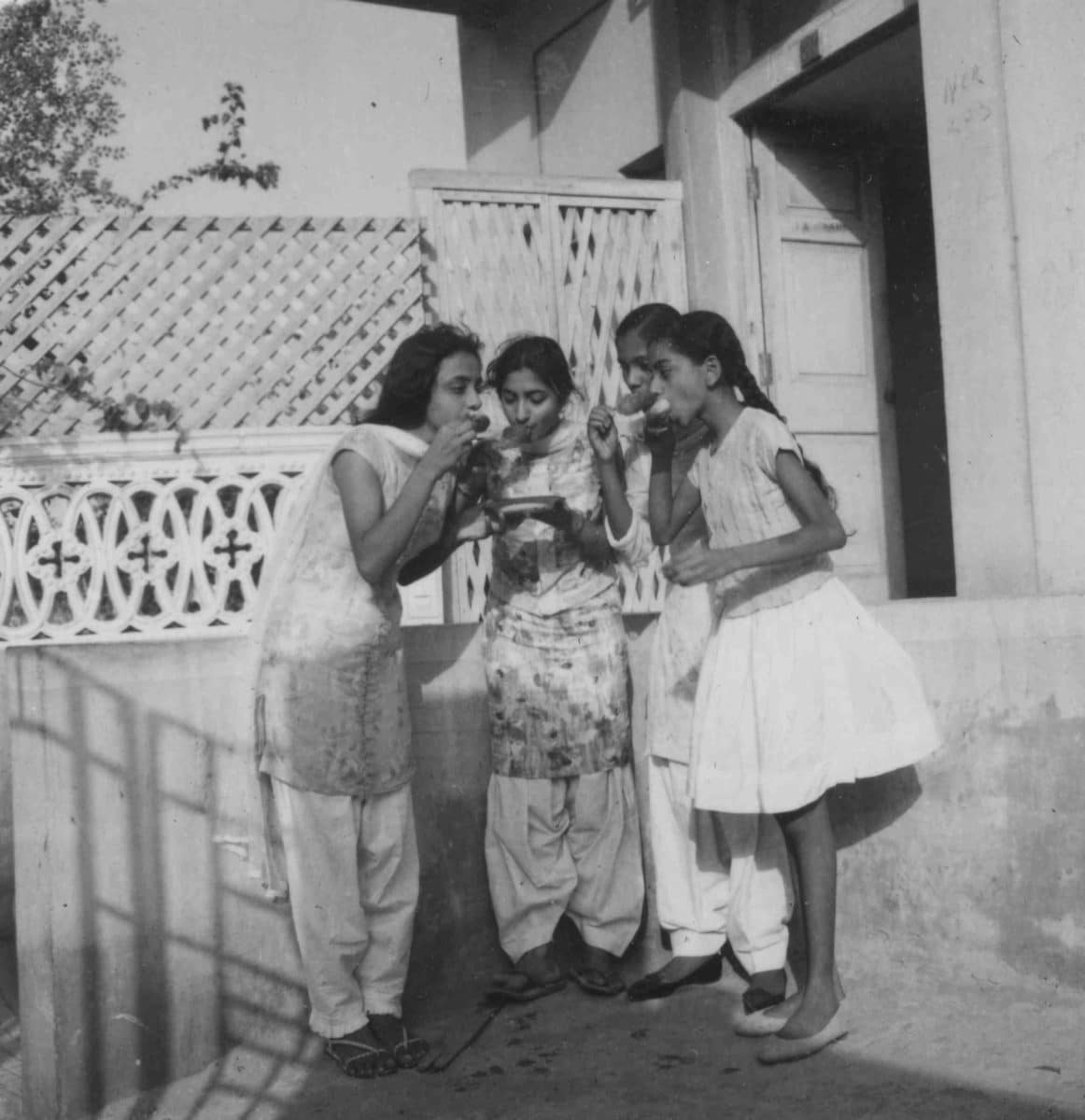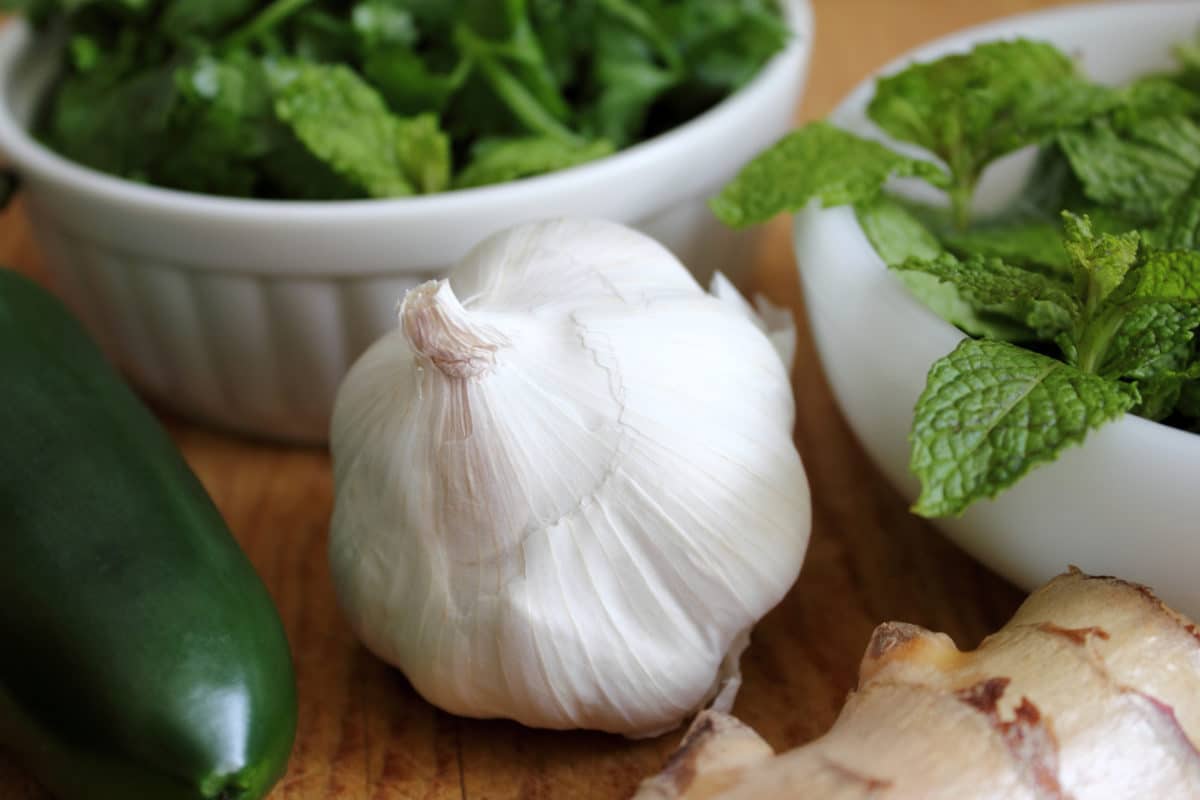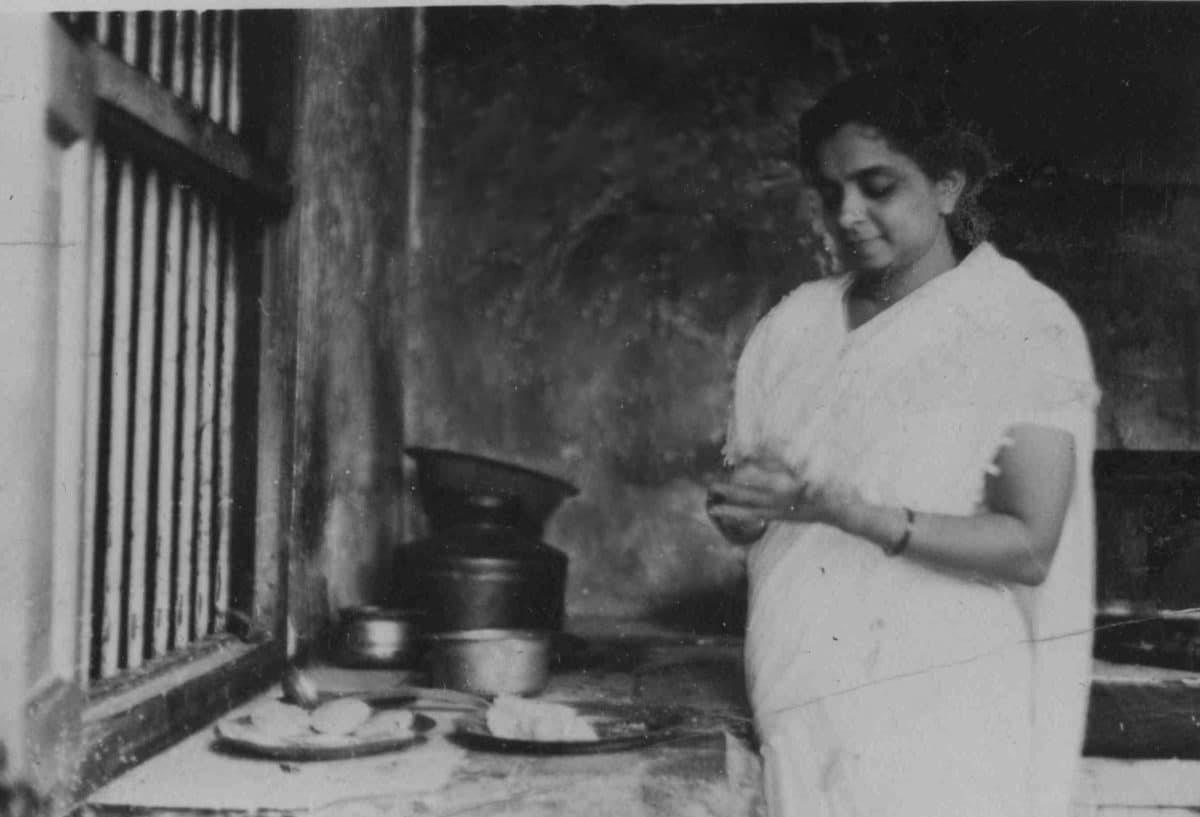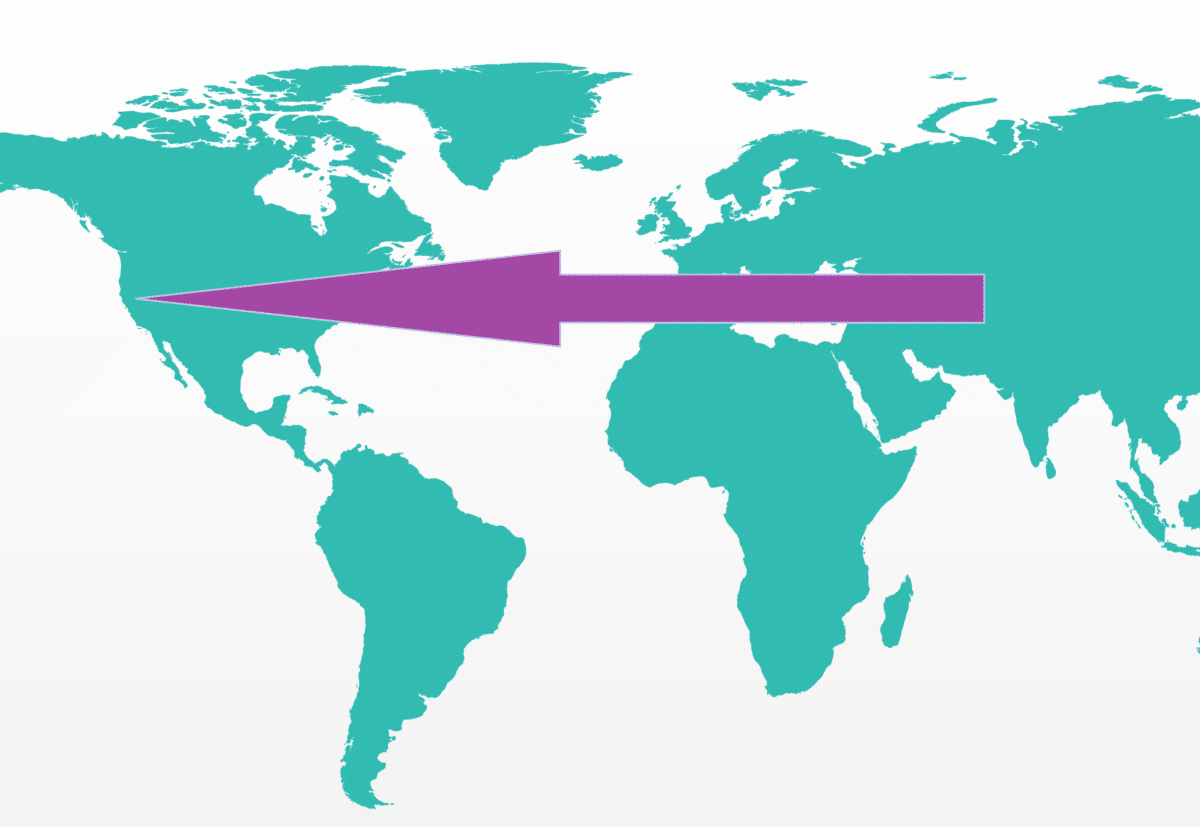It’s 1971 in New York City. My dad, 24, gets off a plane at JFK and heads straight to Harvey’s Seafood Restaurant in Manhattan. With a paper bib tied around his neck he cracks into a giant plate of lobster and crab dripping in clarified butter – his very first meal on U.S. soil. Welcome to America.
My parents were born in Karachi, Pakistan. In the 1950s and 1960s Pakistan was a very different place than it is today. Western tourists used to flock to the snow-capped Swat district once dubbed “the Switzerland of the East” by Queen Elizabeth II. A Pan-Am promotional tourism film made in 1960 showed American tourists enjoying a camel ride along the shores of Karachi’s Clifton Beach. My grandmother, the first female superintendent of Pakistan’s sea customs, stamped the passports of visiting Hollywood actors.
Fast forward to the present. The Swat Valley now sits under the shadow of the Taliban and Karachi is an ever-increasing hotspot of conflict. But Pakistan has always been a poor country, and my parents knew that in order to have a better life for themselves they had to go west. And to go west, they had to work hard.
My father and mother immigrated to the U.S. in 1972 and 1974 respectively, my father attending college in Michigan and my mother having done so in Karachi. Later they moved to Ohio. Then, as the story goes, they were watching the Rose Parade take place under the California sun, looked out their window at the Ohio snow, decided enough was enough and moved to Pasadena.


Recalling the initial jolt of coming to America, my mom says, “I was in total cultural shock and I wanted to go home. I wanted my food, I wanted ghee. I wasn’t used to cooking with oil.” They often talk about the things they used to eat in Pakistan – warm rotis with sweet carrot halwa, ice cold kulfi, freshly made naan eaten on the walk home, taffy pulled and sculpted by a street vendor whose sanitation practices were questionable at best.
Recalling the initial jolt of coming to America, my mom says, “I was in total cultural shock and I wanted to go home. I wanted my food, I wanted ghee. I wasn’t used to cooking with oil.” They often talk about the things they used to eat in Pakistan – warm rotis with sweet carrot halwa, ice cold kulfi, freshly made naan eaten on the walk home, taffy pulled and sculpted by a street vendor whose sanitation practices were questionable at best.
I grew up on food that blended the two cultures. “American” food always had the spice factor cranked up. Pasta was made with chilies. On Thanksgiving one year we had masala turkey. Chinese food was served with ketchup. (All Pakistanis add ketchup to Chinese food. I don’t know why. No one knows. It’s a mystery.) My parents have always enjoyed restaurant-hunting and discovering new dishes. Yet despite their eagerness, there are some American foods they just can’t develop a taste for. As my father put it, “I still hate hot dogs.”

As a kid I resisted learning Pakistani cooking. I was downright adamant about it, preferring mac ‘n cheese and insisting that as an adult I would hire my own personal chef, so why bother? My mom would try, unsuccessfully, to teach me the “holy trinities” of curries. Onion, ginger, garlic. Coriander, turmeric, chillies. Cumin, black pepper, garam masala. Now, as I watch her cook I try to absorb as much as I can. I harass her into dictating recipes over the phone. I want to be as good a cook as she is, as my aunts are, as my grandmother was.

If I had to sum up what I’ve gained from my family’s background, something I have to compress down from their struggles and successes, to take with me through life and hopefully offer to others, it all comes down to one word – perspective. What would I, a girl brought up in California’s suburbs, know about poverty, political turmoil or even load shedding? I don’t have to honk to let other cars know I’m on the road. It’s not as easy to get by on a bribe in America, and no one here really cares who your father is.
My parents are a lot more patriotic than I am. They worked hard to come to America. I was fortunate enough to be born here. They understand what it’s like to not have the freedoms, checks and balances that we have in the U.S. I, on the other hand, take those freedoms for granted. They believed in and, in a lot of ways, achieved the American dream – the dream that anyone from anywhere, with hard work and commitment, can carve out a life for themselves.
It should be no surprise that the Fourth of July is kind of a big deal in our house. In the past our barbecues have been huge, fun affairs where my mom would do the marinating and my dad the grilling. Our burgers and grilled chicken would be all-American by virtue of the fact that they would incorporate Pakistani flavors. America, the great melting pot.
What follows is a recipe for the kind of burgers we’d make – they’re loaded with masala and topped with a spicy cilantro and mint chutney. It’s east-meets-west BBQ fare with a meaningful nod to the homeland. And it’s downright tasty. ![]()
